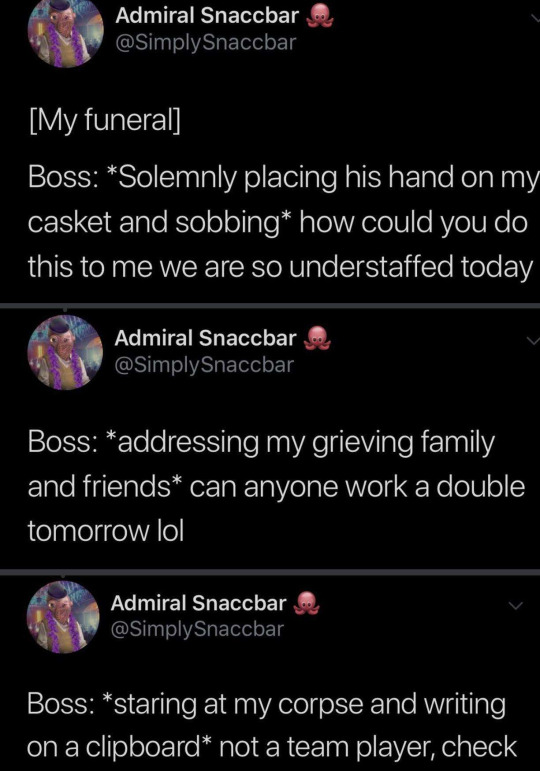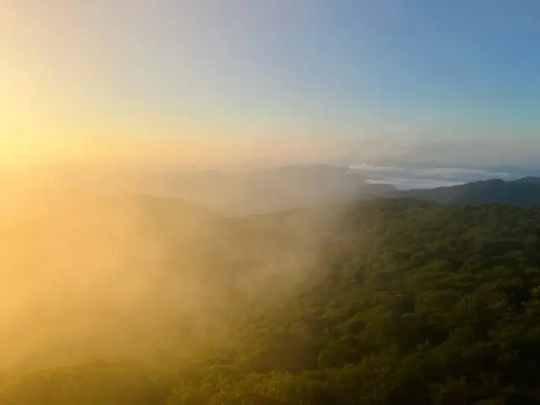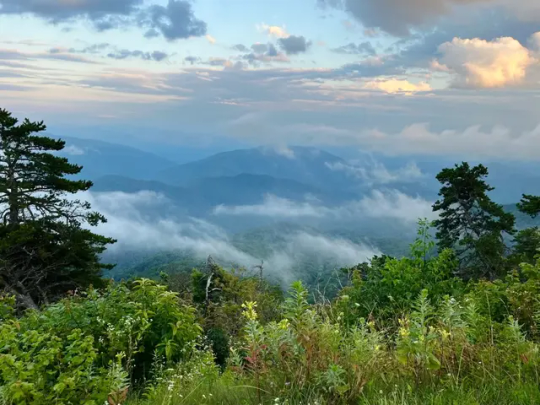Text

The Lament for Icarus (1898), by Herbert James Draper.
3K notes
·
View notes
Text
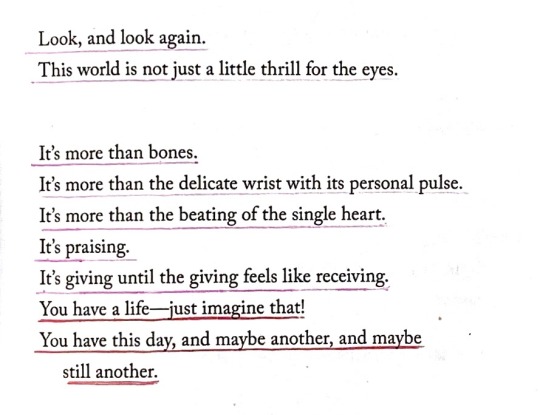
to begin with, the sweet grass by mary oliver, from “devotions”
3K notes
·
View notes
Text

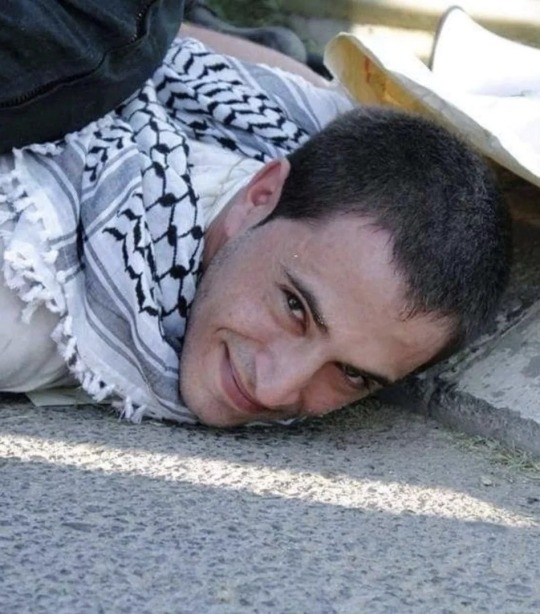




Palestinians often smile while getting arrested as a symbol of resistance. They know they will face severe torture, isolation, discriminatory laws, and prejudice without fair trial yet smile to signify their strength.
5K notes
·
View notes
Text
talking to people while holding a beverage is awesome because you don't have to know what to do with your hands and when you don't know what to do with your face you can just take a sip
55K notes
·
View notes
Text

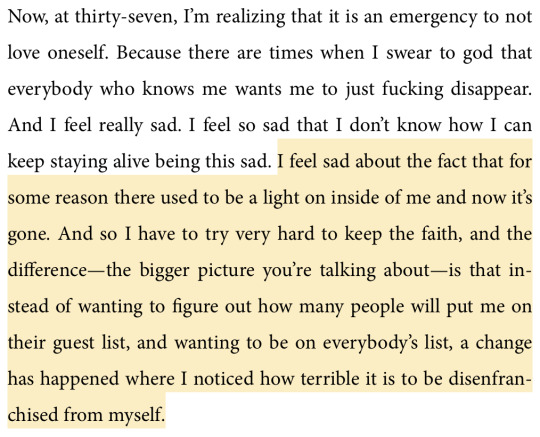
An Interview with Jenny Slate, by Sara Black McCulloch
7K notes
·
View notes
Text
Soften your voice… the lady of the house is blogging
4K notes
·
View notes
Text
hey boss i can't come in today it's a sunny day and there's a lovely breeze coming in through my window, yeah it's rustling the branches of the tree outside that's finally bloomed so it's pretty serious
71K notes
·
View notes
Text
human brain is so easy to manipulate its stupid. sun is out longer in evening = life is worth living...read some negative social media posts = everybody hates me...read one interesting article = i have the scholar's ambition
37K notes
·
View notes
Text

Carl Phillips, from “The Raft”, Then the War: And Selected Poems, 2007-2020
578 notes
·
View notes
Text
Now We’re In It [not the HAIM song]
I keep coming back to this remarkable essay on Rothko’s Chapel I read last week: There is a place in the heart which does not belong entirely to life. There is no other place. Rothko paints a stillness which moves. “You are in it,” he said. “It isn’t something you can command.” So long as we look, and continue to look, the form slips from our gaze. Perhaps this is all that form allows: space to bear it, for a flash.
It reminds me of another Rothko quote that I’ve clung to, [genuine art] “is an immediate transaction; it takes you into it.” I love that concept. Nearly all of my failures have revolved around attempting to bring something into me. As if being in love, in recovery, and an artist were things I could choke down. It’s easy to laugh at it now because I can be in the ocean of experience and feeling vs. trying to swallow it. Whenever I’m trying to consume something too big for me, I hear Sharon Olds say: “and my job is to eat the whole car / of my anger, part by part, some parts/ground down to steel-dust.” and I can start laughing at myself, and in turn surrender to whatever that giant thing is. Or suppose it’s something I shouldn’t surrender to [ domination, hopelessness, fear ]. In that case, I can focus on tangible actions like paying for an Airbnb in Ukraine that I’m not going to stay in and hassling my reps over the phone 3x a week to provide direct aid —knowing that it’s not enough and still trusting that the slightest ripple can reverberate into waves.
When I first got sick, back in 2014, long before we found an effective treatment for my autoimmune disorder, I made a similar call to the desk clerk at the Stanford Anderson Collection and asked about viewing Rothko’s “Untitled (Black and Gray).” They told me an almost identical story about this painting - that only terminally ill people ever request to view this piece [or occasionally someone who had cancer and just found out they were in remission]. I make a joke about dying to see it. The chuckle on the end of the line is soft but holds compassion fatigue. They need more than the two coins I have to offer. Years later, after finding said treatment, I sat down in front of that painting, let myself be taken into it [instead of trying to take it into my being], and wept. My body wasn’t eating itself anymore, but part of me still had to die there so another could go on. I had to let go of the life I’d imagined for myself to make room for the one that I’d been given. To quote my second sponsor, “anyone who is granted wings is gonna need a wider door."
It feels messy, ungrateful, and borderline narcissistic even to imply that grace has a weight. And yet - anything given must have a form. Rilke wrote: ”For beauty is nothing but the beginning of terror, which we are still just able to endure, and we are so awed because it serenely disdains to annihilate us. Every angel is terrifying.“ Grace shifts both the light and the gravity in the room. At times, that grace can seem to point or exude from a person, which it does - but it also comes from beyond them. Bless our holy kneecaps should we ever forget or remiss the fact that it was never ours [to begin with].
Before the pandemic, I volunteered at hospitals as a crisis counselor [after being trained and licensed], which mostly involved helping drug addicts into recovery or sexual assault survivors feel safe [because I also share those histories, and it is my calling to be a light out of that darkness] - but occasionally, it meant sitting with someone who was dying. And you know what they each feared more than death? That they hadn’t lived/loved enough and that they’d be forgotten.
Most of us have had the notion that we [and our beloveds] will die peacefully at a ripe old age, but that’s not remotely the case - it only happens if you’re incredibly fortunate. More often, it’s a person in their 20s, 30s, 40s, or a child trying to come to terms with the fact they aren’t going to live much longer. And it’s always unfair, cosmically unjust, and without answers. This is where this experience of listening, being able to be present - and willingness to walk into the cold dark when these impossible questions ["why me?”, “why them?”] are asked. Knowing there isn’t a reply but an invitation - to look past the need for a solution to a more profound truth, which is to say - that there’s a consciousness that extends beyond our mortal bodies. You could call it a soul. Many do. But to me, every beloved who has passed is more [of], as Edna St. Vincent Millay wrote: “…a burning lamp […], a flame / The wind cannot blow out, and I shall hold you / High in my hand against whatever darkness."
Framing grief in this manner is essential for me. Because I have to believe that someday, grief and even [general/regular] sadness can [once again] become windows - and they will allow me to see things I’ve never seen before. I have to believe, like Rothko said, that I am still in it, and the moment of transformation is not mine to command. Instead, it is mine to bear, witness, and welcome - no matter when or how it arrives on my doorstep. I have to leave the back door of my heart unlocked for the unexpected instead of the impossible [and someone who was never going to come home]. At the beginning of the pandemic, in an interview with Jordan Kisner, Leslie Jamison remarked about writing a piece inside one life and having it emerge in another, where the invisible is made visible. Not through abstraction but through earnestness that can stand on the shoulders of deep research, skepticism, interrogation, and [most importantly] - curiosity. Jamison believes, as do I that the miracle of grace is finding solace in unexpected places [and times], which can only come from a place of willingness [packing our bags in the middle of the night and leaving our worst selves for our better ones ].
One of the hardest, bravest things to do right now, in any environment, be it a classroom or online, is to say, "I believe this is good. I have done the work and research. I have given it time to marinate. I have vetted it in my soul and in the souls of those I trust. I believe this thing so much that I can fully stand behind it.” That’s far more accessible than saying, “Here’s everything that’s wrong with that.” You can duck behind anything when you’re skeptical. But owning it is a form of surrender. You don’t just lay down your weapons. You have to put yourself out there in front of the firing line. Sometimes I’m astonished that art ever gets made. But I’m interested in and fascinated by that kind of dynamic vulnerability.
The magic of art is that it can be so many different things, even simultaneously. We can’t know them from the outset. We have to be caught off guard by them. They come at us from angles we weren’t expecting. That sense of being surprised by life, amazed by solace, surprised by weird forms of connection, mysterious sources of refuge is one of the truths I believe is at the core of art [and why it moves us]. That perpetual discovery allows life to be complicated and capacious in a way that I can fully stand behind. Rilke called it an unfolding. And, in my heart of hearts, I believe that we’ve just begun to.
Perhaps, yes, this is all that form, and this epoch of unprecedented time allows - space for us to bear it [for an instant]. But with latitude for us to rise and fall - and rise again. Mirroring Maggie Nelson: “You have no idea / what kind of light you’ll let in / when you drop the bowl, no idea /what will make you full."
In "A Testament of Devotion,” Thomas Kelly surmised that the soul always rescinds from soul-shaking, love-invaded times into more normal (perhaps acceptable western) states of consciousness. And yet “that one knows ever after that the Eternal Lover of the world, the Hound of Heaven, is utterly, utterly real, and that life must henceforth be forever determined by that Real.” As Saint Augustine did not ask for greater certainty (or evidence) of God, but instead for more steadfastness in his belief - I do not ask for proof of what I know in my heart, only that I may return to the garden of what bridges yours and mine.
With love,
T
10 notes
·
View notes

